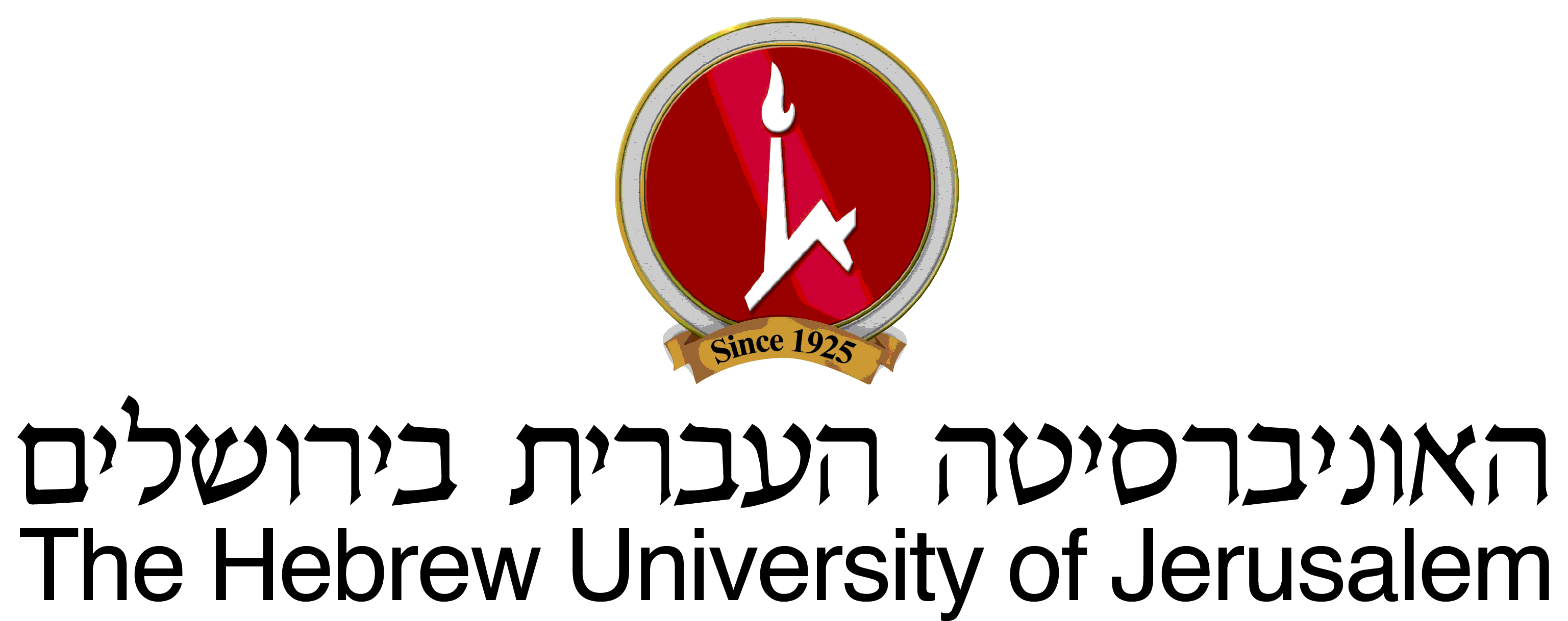Iftah Yovel's Clinical Research Laboratory (PCP Lab)
Our research in the PCP lab focuses primarily on basic components of cognitive behavioral treatments (e.g., acceptance and commitment therapy). The broad objective of these studies is to closely examine, in well controlled experimental settings, the mechanisms that underlie changes in CBT. Because we test adaptations of actual treatment elements (e.g., cognitive defusion, cognitive restructuring, values work, exposure), the relevance of the methods we use to the clinical contexts to which the research is meant to generalize is of particular importance.
Additional lines of research in the PCP lab focus on psychometrics and assessment (e.g., of obsessive compulsive disorder) and on individual differences in cognitive functioning. A fundamental assumption of cognitive approaches to clinical psychology is that individuals respond differently to objectively similar situations because they differ in how they perceive these situations. Such differences can exist at various stages of cognitive processing, ranging from lower-level processes such as the initial detection of threat, to higher level mental representations such as broad schemata of the self and of the world. Earlier research of Dr. Iftah Yovel examined primarily affective and non-affective attentional biases related to personality and to psychopathology. Currently studies in the PCP lab focus more on the assessment and examination of higher-level processes and mechanisms (e.g., mindfulness, emotion regulation techniques).
Dr. Iftah Yovel is also interested in the implicit assessment of personality. Implicit assessment methods are less susceptible to self-presentation strategies compared to self-report scales, and they provide information to which the person may not be aware. The PCP lab has developed the questionnaire-based Implicit Association Test (qIAT), which is based on the methodology of the IAT but closely resembles the procedures of standard self-report instruments. The qIAT allows the assessment of ordinary questionnaire items, and it therefore provides the means for the indirect assessment of numerous constructs tapped by existing self-report scales.

